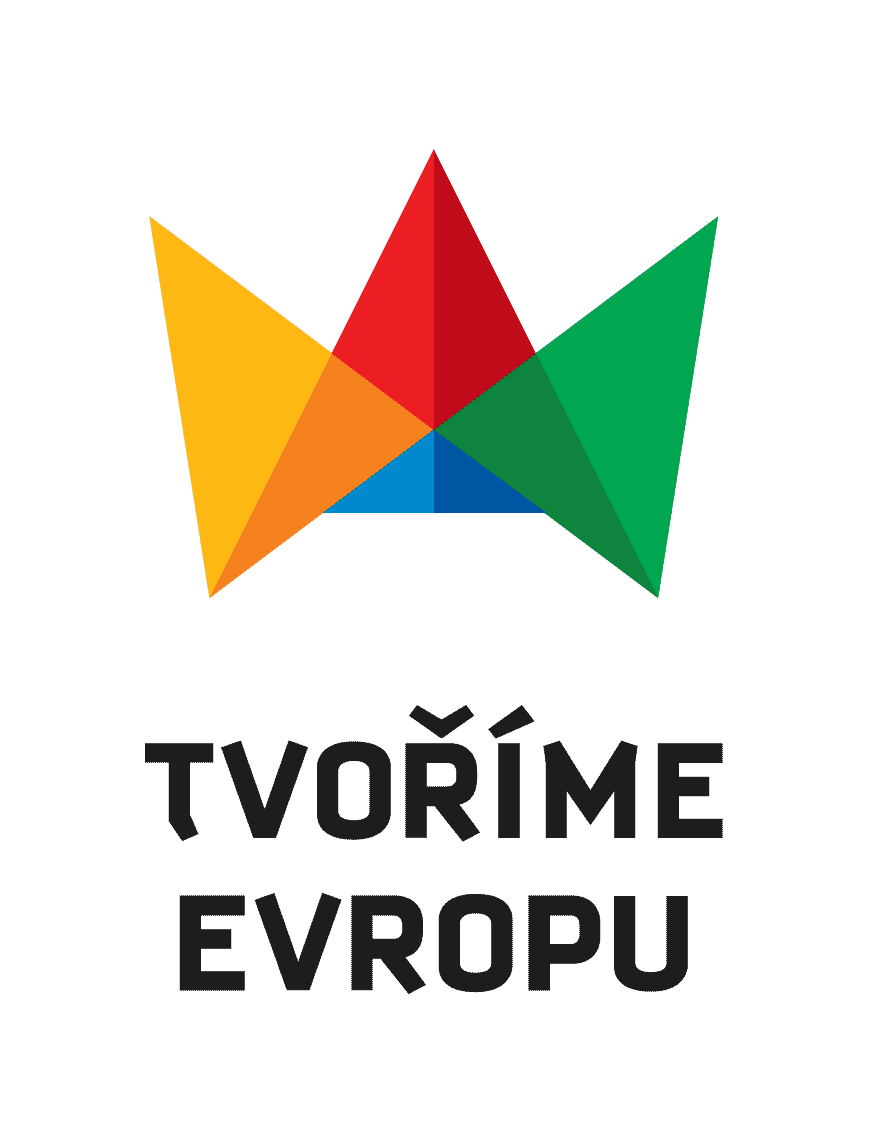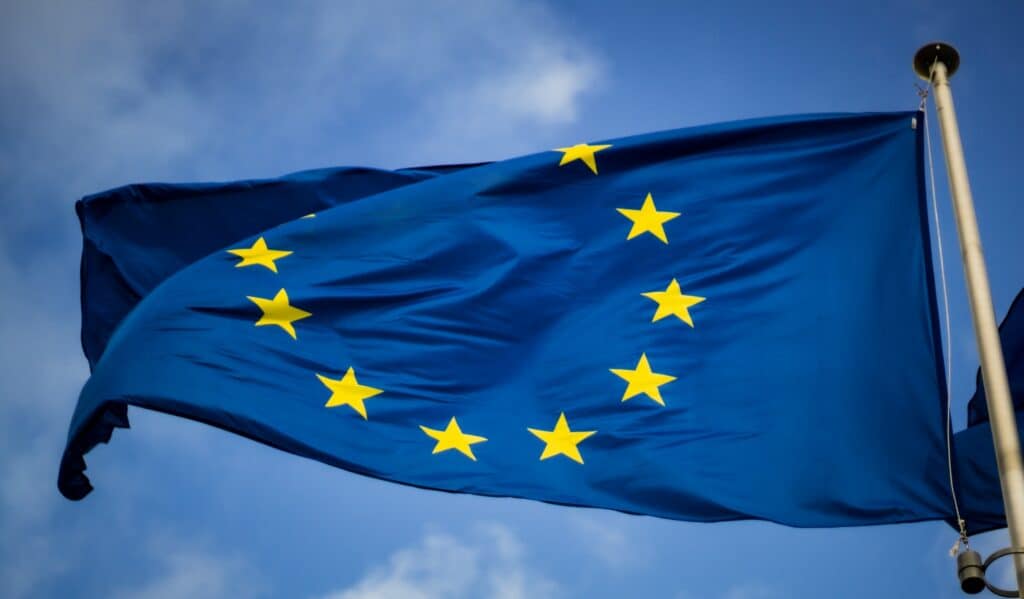15.12.2020
Office of the Government
On Friday 18th December the Czech Republic will return to the 4th tier of the pandemic response system (known as PES), but there will be several changes to the 4th tier. The Christmas holiday will be two days longer for schoolchildren. At its session on Monday, 14 December 2020, Andrej Babiš’s government also approved new compensation schemes intended to help businesses worst affected by the announced changes.
The return to the second strictest pandemic response tier will mean, among other things, a re-imposition of the ban on free movement of persons under the daytime rules up to 11 pm and at night until 5 am. Bars and restaurants, zoos, museums and swimming pools and other indoor sports facilities will be closed. All shops and services, however, will remain open provided that they ensure that there will only be one customer per 15 square metres in the establishment. Unlike in the past, there will be no Sunday trading ban.
“When we eased the restrictions on December 3, my wish was that we would make it to Christmas without any further measures. And I can imagine the great disappointment felt by people in the hospitality business, in hotels, who work every day, employing people, struggling to get loans and carrying on their business. I understand that this is not good news. I am very sorry and of course I apologise, but it was a very difficult decision, because we are obviously aware what a huge impact this has on people’s lives,” declared prime minister Andrej Babiš.
“We really did think long and hard about it, and even though the situation in hospitals is stable at around 4,200 patients, more than 9,600 people have died of Covid in the course of the year. And the numbers are rising, unfortunately. The reproduction rate is 1.2, and that means we have to take immediate action. Although it is a very unpleasant situation, of course,” the prime minister explained.
With effect from 15 December 2020 the government also modified the crisis measure on the ban on mass events and restrictions on retail and services.
There will also be changes in Czech schools, with restrictions on the operation of universities and student accommodation from December 21. On December 21 and 22, all children attending elementary and secondary schools, conservatories, higher vocational schools, elementary art schools, language schools etc. will be off school, with these days added to their Christmas holiday. The government also decided to abolish completely work duties for students from 16 December 2020.
The Ministry of Health also decided to bring forward the roll-out of antigen testing of the population by two days. It will therefore be launched on December 16. Adjustments have also been made to measures limiting the entry of foreign nationals to the Czech Republic.
The confinement of clients in social services to their facilities will also end. Consequently, from Wednesday 16 December clients of old people’s homes and homes providing special treatment will be able to leave the building or grounds of the facility in which they receive social services. This will be conditional on their use of a respirator of at least FFP2 or KN95 class while they are outside. Spending less than 6 hours outside will be possible without further conditions: after returning the clients will merely be more closely monitored for Covid-19 symptoms. Clients spending longer outside the facility will be placed in isolation immediately after their return and will undergo a first POC antigen test within 72 hours after returning; the test will be repeated three or four days later. Isolation will be ended if both tests produce a negative result.
The government also dealt with compensation for the segments of the economy worst hit by the additional restrictions. It approved an extension of the Covid – Accommodation programme. Under its continuation as Covid – Accommodation II, hotel businesses and other accommodation services providers will be able to apply to the Ministry for Regional Development for compensation for part of lost profits for the period from October to December. As in the first phase of the programme, provided the subsidy scheme is notified by the European Commission they will receive CZK 100 to 300 per bed, depending on the category and class of the public accommodation facility, with the understanding that they will have to provide evidence of their seasonal occupancy rate in this period. The government will free up as much as CZK 2.7 billion from the government budget reserve for the second phase.
The Covid – Rent subsidy scheme will also continue. The government approved the announcement of a third call under this scheme. Retail and services businesses operating in rented establishments and affected by the Covid response measures will be able to apply for compensation for 50 per cent of their total rent for the period from October to December 2020. Award of the subsidy will not be conditional on the provision of a rent discount by the lessor. The maximum amount will be CZK 10 million per lessee. The European Commission will have to notify this call as well. The Ministry of Industry and Trade will receive a further CZK 3 billion out of the state budget for the scheme.
One new move that was approved was the launch of a new Ministry of Industry and Trade subsidy programme called Covid – Gastro. This programme will be intended to help the gastronomy sector, with the government earmarking a total of CZK 2.5 billion from the state budget for the programme. The support will be provided for the period from 14 October 2020 to 31 December 2020, excluding days on which gastronomy businesses were not restricted by government measures, i.e. December 3 to 18. At the same time, however, it can be extended into the new year, depending on how the pandemic develops. The ministry expects approx. 22,000 gastronomy businesses to apply for the subsidy.
Ministers also decided to waive VAT on further selected goods in connection with the emergency caused by the spread of the coronavirus. The deputy prime minister and finance minister was tasked with drawing up a decision waiving value added tax on deliveries of in vitro medical diagnosis apparatus for Covid-19 testing and Covid-19 vaccines that conform to the approved EU directives and regulations. The intention is to ensure these commodities are more affordable.
The government also approved the earmarking of funds for purchases of medical material necessary for universal vaccination of the population against Covid-19. The Administration of State Material Reserves has been tasked with buying 6 million syringes for applying vaccines and the same number of needles, 800,000 syringes for diluting vaccines and the same number of needles for dilution, and 160,000 units of solvent. At the same time, the amount from the state budget available to the Administration of State Material Reserves for buying emergency supplies for the healthcare department will be increased to CZK 700 million.
The cabinet also decided on a change to the government regulation on the use of the Army of the Czech Republic for emergency work to protect the population and prevent the spread of SARS CoV-2 coronavirus in the period up to 31 December 2020. The period of time in which it will be possible to use army servicemen for the requirements of the Ministry of Health, regional public-health authorities and healthcare institutes will be extended to 30 June 2021.
Autor: Office of the Government

